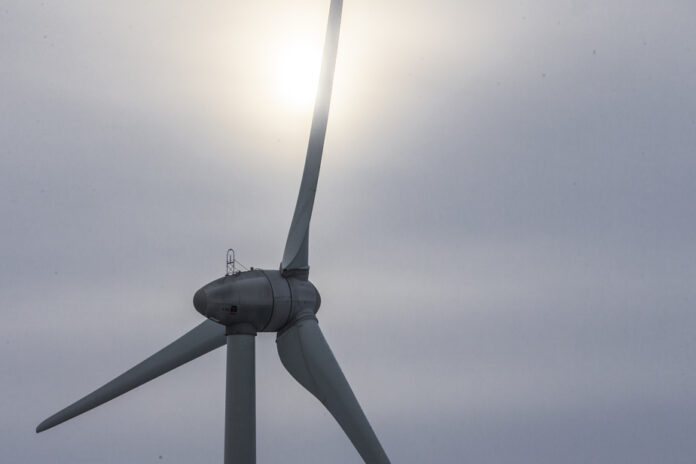The federal government has just arrived in the electricity sector, under provincial jurisdiction, with generous refundable tax credits that are well received in Quebec, but whose ultimate beneficiaries have yet to be specified.
Will federal financial support for renewable energy development primarily benefit wind farm builders, Hydro-Quebec, or electricity consumers? Probably to everyone, says Jean Trudel, chief financial officer of renewable energy producer Innergex.
“For a developer like Innergex, it’s candy,” he commented in an interview with La Presse.
The new tax credits will reduce the cost of projects such as wind farms that will be built in Quebec. This does not mean that these projects will be more profitable for their promoters. “They could be, but since everyone is going to have access to it and there is a lot of competition in the tenders, the tax credit is going to be used to offer the best possible price to Hydro-Québec. », explains Jean Trudel.
Ultimately, it is the consumer of electricity who should benefit, according to him.
The federal budget provides a refundable tax credit for the production, transmission and storage of clean energy of up to 15% for non-taxable entities such as Hydro-Québec, and 30% for private developers .
The Fédération québécoise des municipalités is asking the federal government to quickly clarify whether municipalities that invest in wind power projects are eligible for tax credits and preferential rate financing that will be offered by the Canada Infrastructure Bank.
“We want the federal government to confirm that we are entitled to it as public partners,” said Michel Lagacé, prefect of the MRC de Rivière-du-Loup, who is a partner in several wind projects. We believe so, but we are not certain and we need to be reassured. »
Michel Lagacé, who is also president of the Alliance de l’Est, a group that has just been chosen by Hydro-Québec to deliver three 800 megawatt wind farms, believes that if these projects benefit from the new federal tax credits , the price of electricity that will be paid by Hydro-Québec will not decrease.
The average price offered to Hydro-Quebec following these calls for tenders is 6.1 cents per kilowatt hour and should not change even if the project costs less to build thanks to federal assistance, according to him. The price is agreed and everything is provided for in the contracts that are about to be signed, he says. “But we’re guessing,” he adds. We will have to see the details. »
Hydro-Québec, for its part, reserves its comments on the impact that federal assistance will have on the price paid to its suppliers for new electricity supplies and on its own development activities. “The analyzes will be carried out over the next few weeks when the measures are specified in a bill. We can then give you more details,” said a spokesperson for the state-owned company.
For Nouveau Monde Graphite, which is developing a graphite mine and ore processing project for the manufacture of anodes for electric vehicle batteries, the aid contained in the federal budget could not have come at a better time. “It happens when we need it for the financing of our project,” said the president and founder of the company, Éric Desaulniers.
Nouveau Monde Graphite wants to finalize the financing of its project, estimated at 1.4 billion, and the 30% federal tax credit will help it reduce the cost of this financing and reduce its production costs, specifies Éric Desaulniers.
Nouveau Monde Graphite wants to become the first supplier with a low environmental footprint for battery manufacturers in its future Bécancour plant.
The securities of Nouveau Monde Graphite, Innergex and Boralex, which work in the clean energy sector, ended the day up on the markets the day after the federal budget.















